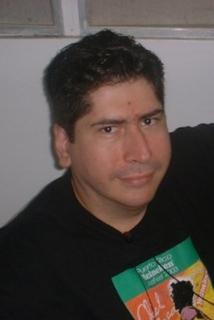The United States has controlled Puerto Rico for 110 years, yet American lawmakers have never bothered to ask Puerto Ricans what they want to do about their future. But a bill currently in Congress would do just that, by conducting a two-part referendum on the island to help determine if it should become the 51st state.
If Congress gives the okay, the first plebiscite would ask Puerto Ricans (those living on the island or those born there but now living in the U.S.) whether they would like to change their political status. If a majority says yes, then a second plebiscite would be held offering three options: independence, independence with a special association with the United States (commonwealth) or statehood.
The U.S. took control of Puerto Rico after the Spanish-American War in 1898, and granted Puerto Ricans U.S. citizenship in 1917. Although the island does have a representative in Congress, that official has no voting power, and Puerto Ricans are not allowed to vote in American presidential elections and they pay no federal income taxes.
Pedro Pierluisi, Puerto Rico’s congressional representative, argues that a congressionally ordered referendum would have more weight than past plebiscites and force Washington to take action on the island’s status. Previous local elections that asked Puerto Ricans what they want to do about their island’s status have resulted in deadlocks between those who favor statehood and those wanting commonwealth status. Only a small percentage has expressed interest in complete independence.
The 2008 Republican Party platform supported statehood for Puerto Rico, if its citizens voted for the option. The Democratic Party platform was more vague, but acknowledged the right of Puerto Rican self-determination. If Puerto Rico does become the 51st state, it would rank 27th in population between Kentucky and Oregon.
-Noel Brinkerhoff




0 Comments:
Publicar un comentario
<< Home